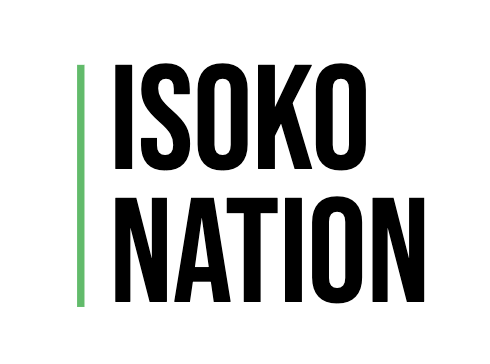Kingdoms & Clans of the Isoko Nation
The Isoko Nation is a tapestry of traditions, lineages, and communities bound together by shared heritage and distinct identities. Rather than a single unified monarchy, the Isoko people are organized into multiple clans—each a living repository of history, culture, and governance. These clans, often referred to as kingdoms, trace their origins through oral histories, migration stories, and ancestral linkages, and together they form the foundation of Isoko socio-cultural life.
Across time, the Isoko have evolved as a confederation of about nineteen (19) clans, each with its own royal institutions, customs, and territories. Rather than central authority, leadership in Isoko land is localized: each clan is led by a king (often titled “Ovie” or “Odio-Ologbo”), supported by traditional councils, age-grade systems, and families of elders.
This structure captures the spirit of diversity within unity: while each clan maintains its own identity, they share language, customs, and collective memory. On this page, we journey through each of these clans—their stories, landmarks, rulers, and contributions to the wider Isoko Nation.
Here’s the list of the 19 clans (kingdoms) of Isoko Nation as recognized by many Isoko cultural sources:
- Uzere Kingdom
- Erowha Kingdom
- Irri Kingdom
- Oleh Kingdom
- Ozoro Kingdom
- Owhe Kingdom
- Oyede Kingdom
- Okpe (Okpe-Isoko) Kingdom
- Emede Kingdom
- Igbide Kingdom
- Emevor Kingdom
- Ofagbe Kingdom
- Ellu Kingdom
- Olomoro Kingdom
- Iyede Kingdom
- Umeh Kingdom
- Aviara Kingdom
- Okpolo Kingdom
- Enwhe Kingdom
